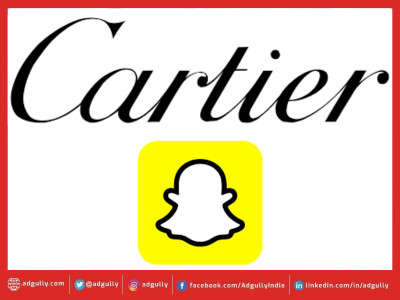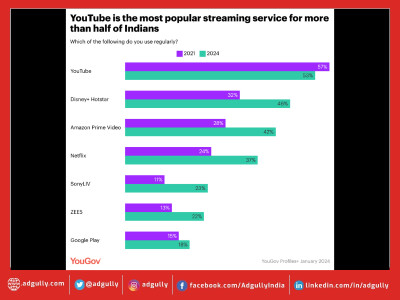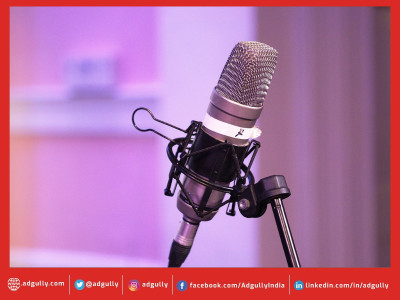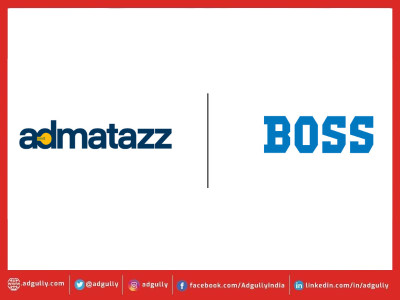Will Kabul's fall affect the Social Media Platforms?
The fall of Kabul was a profoundly frightful period in global history. What life will be like under the Taliban government scares people, especially women and children. This feeling of hopelessness is exacerbated by the images coming out of Afghanistan. It's no surprise that the situation in Kabul has prompted social media sites to announce and explain their position on how things will change for them and their users in the days and weeks ahead.
The people are coming together to assist each other gain access to resources, express their sufferings, and show unity on the one hand. Another concern is that the spread of hate speech will be easier and more powerful. When it comes to combating problematic information quickly and at scale, social media companies may have difficulty in identifying local dialects and circumstances.
As a terrorist organization under US law, the Taliban is prohibited from using Facebook. In response to the collapse of Kabul, the social media giant has taken action against postings and accounts that support or applaud the situation in Afghanistan.
A Facebook spokesperson told ANI, "The Taliban is recognized as a terrorist group under US law, and we have banned them from our services under our Dangerous Organization policy." Facebook is, in effect, deleting accounts that belong to the Taliban.
The social network is also working with a team of individuals who speak and write the Afghani languages to detect and combat the information that might inspire violence in the region. "This team includes native Dari and Pashto speakers with local context expertise. They assist us to detect developing concerns on the platform and alert us to them," said a spokesman for Facebook.
Aside from Facebook, Twitter is another platform that has to step up its game. People throughout the world are angry that it lets Taliban spokespersons stay on the site and attract followers, especially when it has previously banned politicians, like Donald Trump, from using the network.
"The situation in Afghanistan is fast-shifting, also, we're seeing people across the country use Twitter to ask for aid. People's safety is Twitter's top priority, and we stay watchful. There are a number of regulations prohibiting the glorifying of violence, platform manipulation, and spam, which we will continue to enforce and monitor," stated a Twitter representative.
"YouTube has a long-standing policy of not permitting accounts suspected to be managed by the Taliban on our service," YouTube told Reuters. Taliban-run hotline to report incidents of violence and looting has reportedly been shut down by WhatsApp.
Afghanistan's political situation is complicated due to the role of social media platforms in spreading information and promoting freedom of expression in the country. It's a very complicated situation for social networks if they cut out all the content a person in need may lose a tool, if they don't then they have to suffer the wrath of hateful content.
Compared to 20 years ago when the Taliban governed Afghanistan, today's environment is much different. Aside from ensuring information flow in and out of the difficult country, social media may also be utilized as a way of propagandizing that all is okay in the troubled country. Platforms like Facebook and Twitter, for example, clearly have a lot on their plates.


















Share
Facebook
YouTube
Tweet
Twitter
LinkedIn